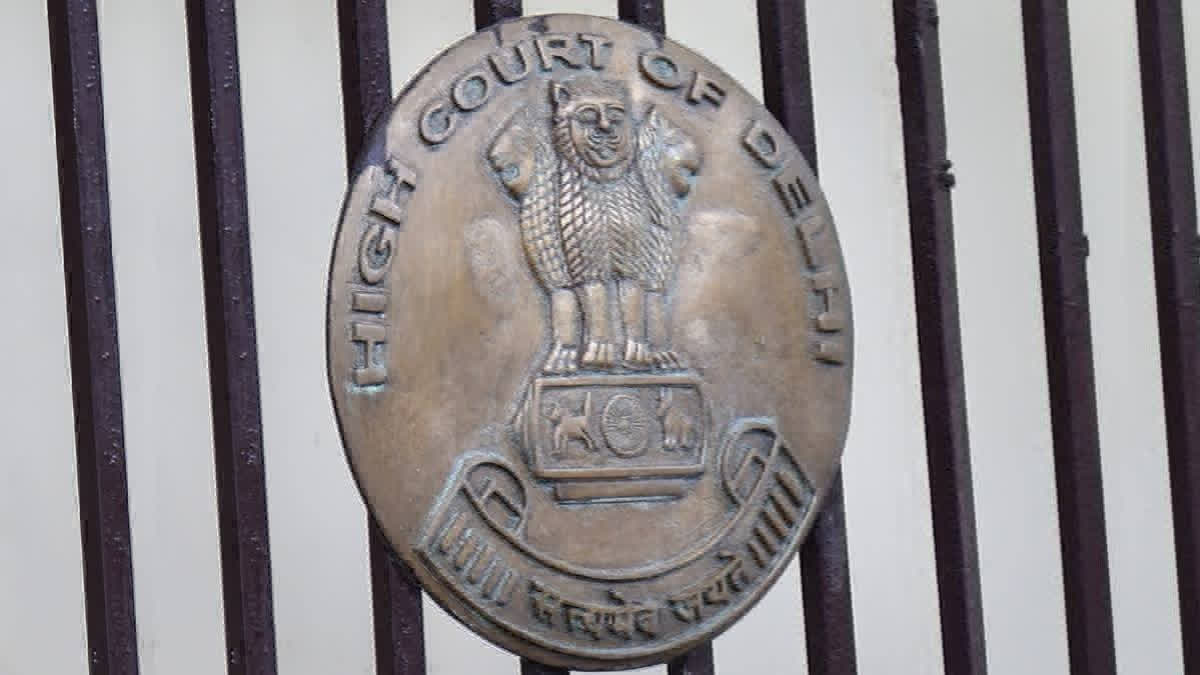New Delhi: The Delhi High Court has said harbouring terrorists led to creation of "safe havens" for them and endangered the safety of citizens by providing them with a "veil of secrecy". A bench of Justices Prathiba M Singh and Amit Sharma made the observations on February 18 and denied bail to Zahoor Ahmad Peer, a resident of Wahama in Jammu and Kashmir's Kupwara district.
Peer was arrested in 2017 for allegedly providing logistical and material support to terrorists infiltrating from Pakistan into Kashmir for carrying out subversive activities. The high court said providing food and a safe shelter to persons associated with terror organisations, encouraged terrorism over a long period and harbouring of terrorists was a serious offence under the Unlawful Activities (Prevention) Act, attracting the maximum penalty of life imprisonment.
"Harbouring of terrorists may not be seen to be a serious offence, especially when it is claimed that the same is under duress or coercion. However, a deeper analysis would reveal that harbouring is not an innocent act," the bench said. The court further observed it was act or a series of acts which created "safe havens" for terrorists and endangered the safety and security of citizens.
Persons who harboured terrorists, said the court, lent support to such organisations like Lashkar-e-Taiba (LeT) and provided them a "veil of secrecy" while temporarily integrating them into society, only to let them strike at opportune moments. Harbouring also leads to disturbing society in general and legitimises such unlawful activity, if left unchecked, it added.
According to the National Investigation Agency, a conspiracy was hatched by the LeT, a proscribed terror outfit based in Pakistan, to commit terror attacks in India. As a part of the conspiracy, co-accused Bahadur Ali and his two associates Abu Saad and Abu Darda allegedly illegally infiltrated into J&K by crossing the LoC in June 2016.
Search operations were conducted by the local police and the Army leading to Ali's arrest. During the investigation, Peer was arrested in September 2017 on the allegation that he had direct links with Ali and helped him with food and shelter during his stay in Wahama village.
The high court, in its order, noted co-accused Ali was a Pakistani national and infiltrated into India with arms and ammunition to conduct a terrorist act and Peer, the present evidence showed, continued to harbour him. It said the accusation made in the FIR and the chargesheet was prima facie true.



